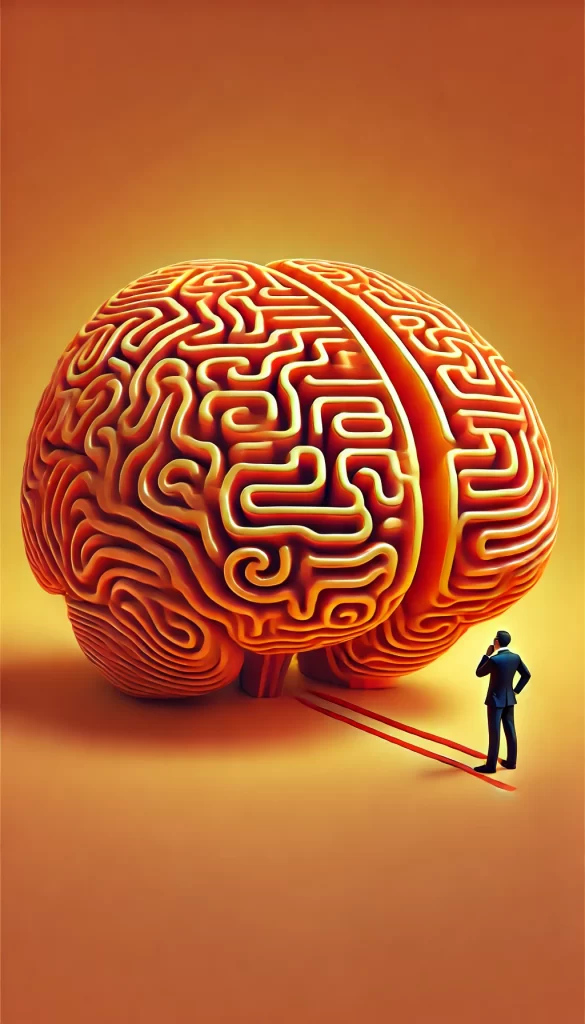ADHD and Alcohol Use Disorder: Comprehensive Approaches to Treating Co-Occurring Conditions
Understanding ADHD and Alcohol Use Disorder
Attention-Deficit/Hyperactivity Disorder (ADHD) is a neurodevelopmental condition marked by inattention, hyperactivity, and impulsivity. These symptoms can create challenges in educational, occupational, and social settings. Alcohol Use Disorder (AUD), on the other hand, is characterized by a problematic pattern of alcohol consumption, leading to significant distress or impairment.
Research indicates that roughly 25% of adults and 30% of adolescents undergoing substance abuse treatment also meet criteria for ADHD. This overlap underscores the importance of addressing both disorders concurrently for effective recovery.
The Link Between ADHD and Alcohol Use
Individuals with ADHD may turn to alcohol for various reasons, including:
1. Self-Medicating Emotional Distress:
Living with ADHD often involves challenges like academic or social struggles, which can lead to feelings of inadequacy. Alcohol can become a way to temporarily alleviate these feelings.
2. Impulsivity and Risk-Taking Behavior:
ADHD is associated with underactive reward systems and lower dopamine levels, contributing to impulsivity and an increased likelihood of substance abuse.
3. Social Difficulties:
Difficulty maintaining attention or adhering to social norms can lead to social rejection, making those with ADHD more susceptible to peer pressure and alcohol misuse.
How Alcohol Impacts ADHD Symptoms
For those with ADHD, alcohol can exacerbate symptoms, leading to:
- Increased Impulsivity: Alcohol further inhibits executive functions, intensifying ADHD symptoms.
- Heightened Inattention: Alcohol consumption can make focusing even more challenging.
- Impaired Decision-Making: Both ADHD and alcohol affect the brain’s frontal lobe, hindering decision-making abilities and increasing risky behaviors.
Breaking the Cycle: ADHD and Alcohol Addiction
Alcohol misuse in individuals with ADHD can create a vicious cycle where:
- Tolerance and Dependence Develop: Over time, individuals may require higher alcohol consumption to achieve intoxication, leading to dependence and withdrawal symptoms.
- Long-Term Consequences Arise: Untreated ADHD and alcohol misuse can result in health issues, accidents, impaired social relationships, and an increased risk of mental health disorders.
Diagnostic and Treatment Challenges
Since ADHD and AUD share overlapping symptoms (e.g., impulsivity, poor decision-making, and anxiety), accurate diagnosis is critical for effective treatment. Comprehensive assessments help distinguish symptoms and guide individualized care.
ADHD Medications and Alcohol Recovery Interactions
Medications for ADHD, such as stimulants, may pose a risk of misuse in individuals with substance use disorders. Therefore:
- Delayed-Release Stimulants: These have a lower abuse potential and may be safer options.
- Non-Stimulant Medications: Alternatives such as atomoxetine, SSRIs, and other medications can be beneficial.
Effective Therapies for ADHD and Alcohol Use Disorder
1. Dialectical Behavior Therapy (DBT):
This therapy focuses on mindfulness, emotional regulation, distress tolerance, and interpersonal skills, helping individuals gain control over impulsivity and cravings.
2. Motivational Interviewing (MI):
By fostering a goal-oriented dialogue, MI strengthens motivation for change, empowering individuals to manage ADHD and AUD.
3. Mindfulness-Based Interventions:
Techniques such as meditation, deep breathing, and guided visualizations promote awareness and stress reduction, reducing cravings and improving focus.
Lifestyle Strategies and Coping Techniques
- Create Structure and Routine: Consistent daily routines improve focus and stability.
- Engage in Physical Activity: Exercise supports mental and physical health, reducing symptoms of ADHD and cravings for alcohol.
- Manage Stress Effectively: Incorporate mindfulness, relaxation exercises, and healthy hobbies.
The Role of Family Support
- Family Education: Providing loved ones with knowledge about ADHD and AUD enhances understanding and support.
- Building a Supportive Environment: Reduce temptations at home and foster a nurturing, substance-free space.
Relapse Prevention Tactics
- Identify Triggers: Recognizing environmental or emotional triggers helps in early intervention.
- Develop a Personalized Plan: Utilize coping strategies, supportive activities, and trusted contacts to prevent relapse.
Long-Term Support and Aftercare Solutions
Maintaining long-term wellness involves consistent therapy, community support, and healthy lifestyle habits.







